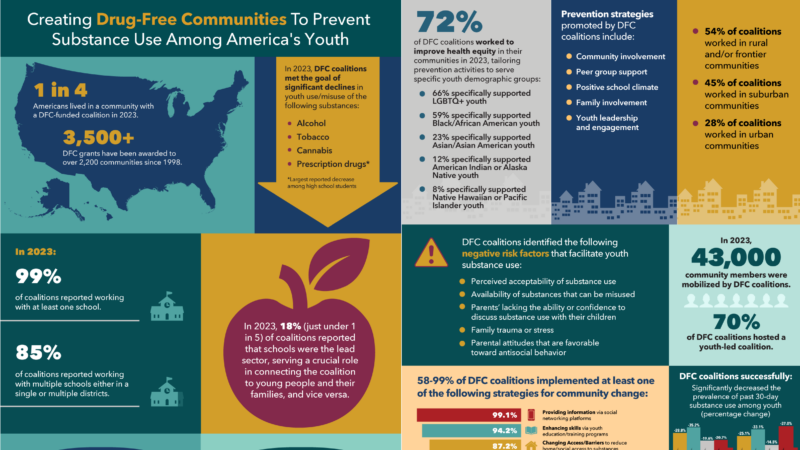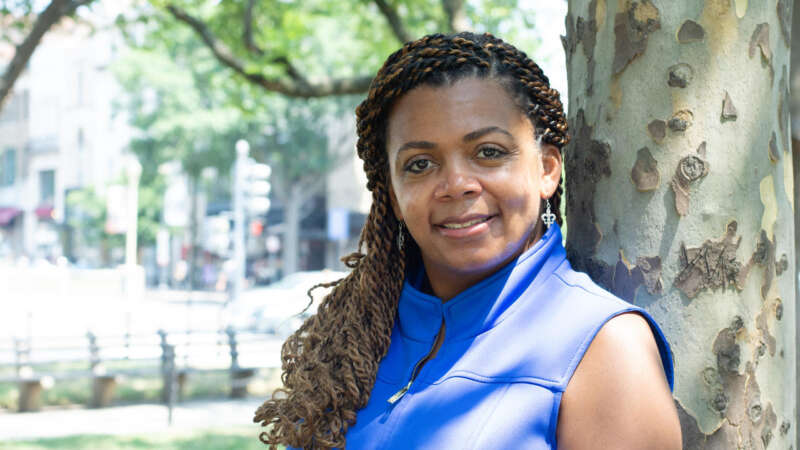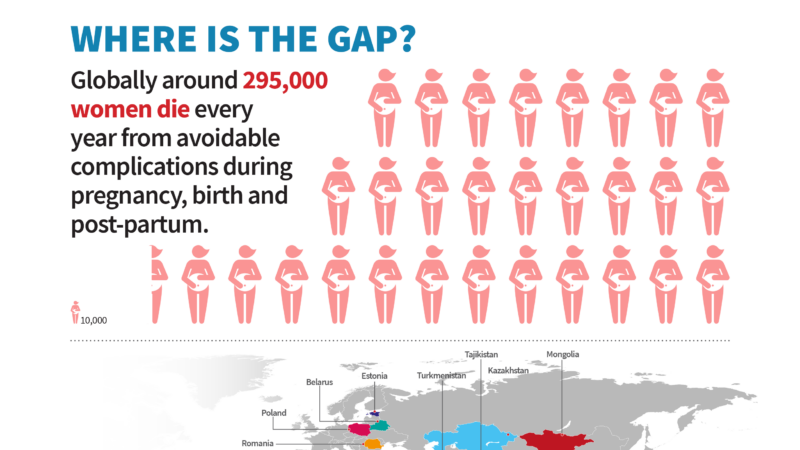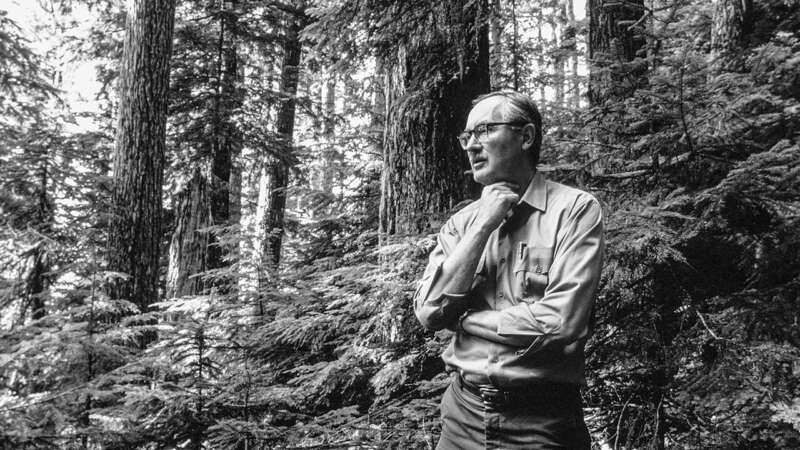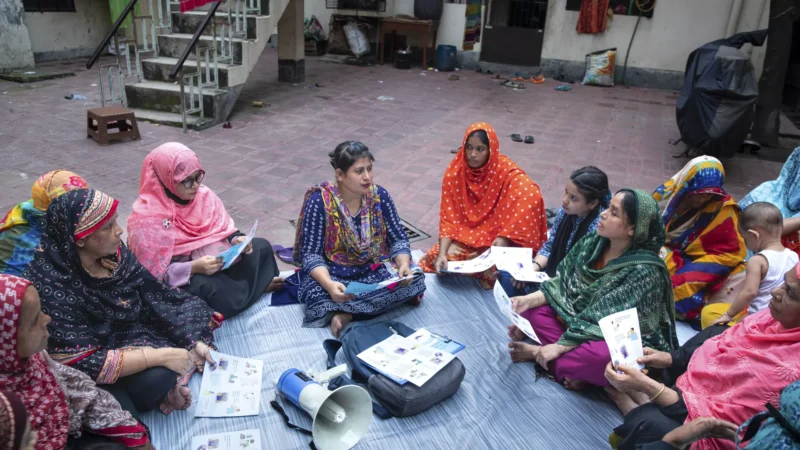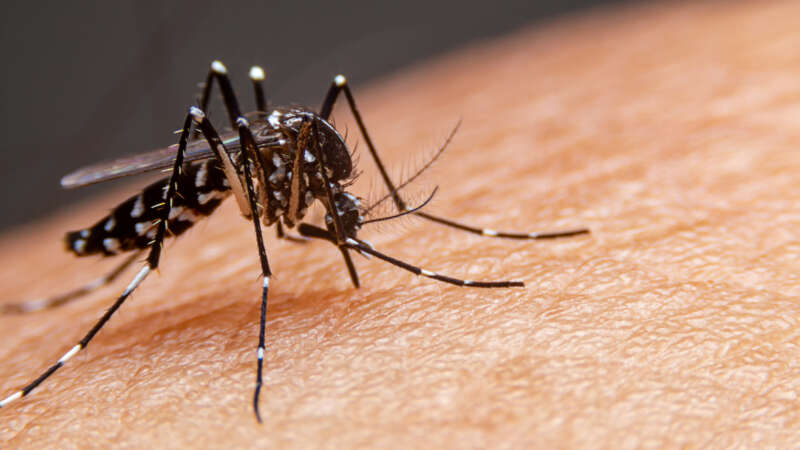In Society
More Teens than Ever are Overdosing
For years, students in middle and high schools across the country were urged to “just say no” to drugs and alcohol. But it’s no secret that the Drug Abuse Resistance Education (D.A.R.E.) program, which was typically delivered by police officers who urged total abstinence, didn’t work.
A meta-analysis found the program largely ineffective and one study even showed that kids who completed D.A.R.E. were more likely than their peers to take drugs (Ennett, S. T., et al., American Journal of Public Health, Vol. 84, No. 9, 1994; Rosenbaum, D. P., & Hanson, G. S., Journal of Research in Crime and Delinquency, Vol. 35, No. 4, 1998).
“We know that the ‘Just Say No’ campaign doesn’t work. It’s based in pure risks, and that doesn’t resonate with teens,” said developmental psychologist Bonnie Halpern-Felsher, PhD, a professor of pediatrics and founder and executive director of several substance use prevention and intervention curriculums at Stanford University. “There are real and perceived benefits to using drugs, as well as risks, such as coping with stress or liking the ‘high.’ If we only talk about the negatives, we lose our credibility.”
Terrifying Trends in Adolescent Substance Abuse
Globally, an estimated 64 million people were suffering from drug use disorders in 2022, with cases of adolescent substance abuse evident in all regions of the world.
Adolescence describes the phase of life when people transition from childhood to adulthood (ages 10-19). During this period a person experiences rapid biological, cognitive, physiological, and psychological change. It’s also when a person establishes both positive and negative patterns of behavior that can relate to physical activity, diet, sexual activity, and substance use. This vital stage of human development is crucial in building the foundations of good health as these learnt behaviors can continue to influence a person for the rest of their lives. When adolescents are continuously exposed to substances before their brain can fully mature there is a much higher risk of developing a dependency and psychiatric complications.
Creating Drug-Free Communities
The Drug-Free Communities (DFC) Support Program is administered by the White House Office of National Drug Control Policy (ONDCP) and managed by the Centers for Disease Control and Prevention (CDC).
Dr. Joia Crear-Perry: Elevating Voices and Challenging Systemic Racism in Health
Dr. Joia A. Crear-Perry is a prominent physician, policy expert, and a dedicated advocate for social justice, particularly in the realm of maternal and child health. As the founder and president of the National Birth Equity Collaborative, she has committed her career to addressing the deep-rooted issues of racial inequities in healthcare.
Dr. Crear-Perry’s work challenges systemic racism as a fundamental cause of health disparities, making her a sought-after speaker and trainer featured in various national and international media, including Essence and Ms. magazines.
The CDC says maternal mortality rates in the U.S. got better, after a pandemic spike
After spiking in 2021, the maternal mortality rate in the U.S. improved significantly the following year, according to a new report from the Centers for Disease Control and Prevention.
The data shows that 817 women died of maternal causes in the U.S. in 2022, compared to 1,205 in 2021. These are deaths that take place during pregnancy or within 42 days following delivery, according to the World Health Organization, “from any cause related to or aggravated by the pregnancy or its management, but not from accidental or incidental causes.”
“I think that the bump [in 2021] reflects the pandemic and we’re returning to pre-pandemic levels,” says study author Donna Hoyert, who a health scientist at the CDC’s National Center for Health Statistics.
Role of Social Determinants in Maternal and Child Health
About 287,000 women died during and following pregnancy and childbirth in 2020. Around 95% of these maternal deaths occurred in low and lower middle-income countries and nearly every death was preventable. Equally, children under the age of five continue to face differing chances of survival based on where they are born and raised.
A child born in sub-Saharan Africa is 11 times more likely to die in the first month of life than one born in the region of Australia and New Zealand, and a 15-year-old girl in sub-Saharan Africa is 400 times more likely to die in her lifetime due to issues related to childbirth than a 15-year-old girl living in Australia and New Zealand (with the ratio for SSA being 1 in 40, compared to ANZ being 1 in 16,000 women).
Where is the Maternal Health Gap?
Maternal health has long been a central focus in global initiatives, prominently featured in key frameworks such as the Millennium Development Goals (MDGs), the Sustainable Development Goals (SDGs), and the Global Strategy for Women’s, Children’s, and Adolescents’ Health.
Unfortunately, despite these efforts, the ambitious targets—particularly those aimed at reducing maternal mortality—remain unmet.
A recent report from the Copenhagen Consensus Center highlights these challenges, and this infographic offers further insight into the statistics.
Jerry Franklin: The Father of New Forestry
Jerry Franklin, known as the “Father of New Forestry,” has made his mark in forest management for integrating ecological and economic objectives. His approaches, which faced skepticism initially, have become the standard in both environmental and timber industry circles.
Franklin began his career as a research forester for the USDA Forest Service in 1959. His early work included long-term experiments on forest ecosystems, particularly old-growth forests.
Shiuly Khatun: Dengue Warrior
Shiuly Khatun is a Field Supervisor at the Dhalpur Aalo Clinic in Dhaka, Bangladesh, where she manages and coordinates the clinic’s operations. Her daily responsibilities are vast and critical, ranging from mapping areas and dividing work for community volunteers to conducting health sessions and overseeing satellite clinic activities.
Dengue fever, once confined to the tropics, now threatens the U.S.
Climate change is expanding the habitat of the mosquitoes that carry the disease, allowing them to spread further north.
Meg Norris was traveling in Argentina in April when the first signs of dengue fever hit her. The weather in Salta, just south of the Bolivian border, was warm, but Norris, a 33-year-old from Boulder, Colorado, zipped a fleece sweatshirt around her body to stop herself from shivering.
“I thought it was sun poisoning,” she said.


